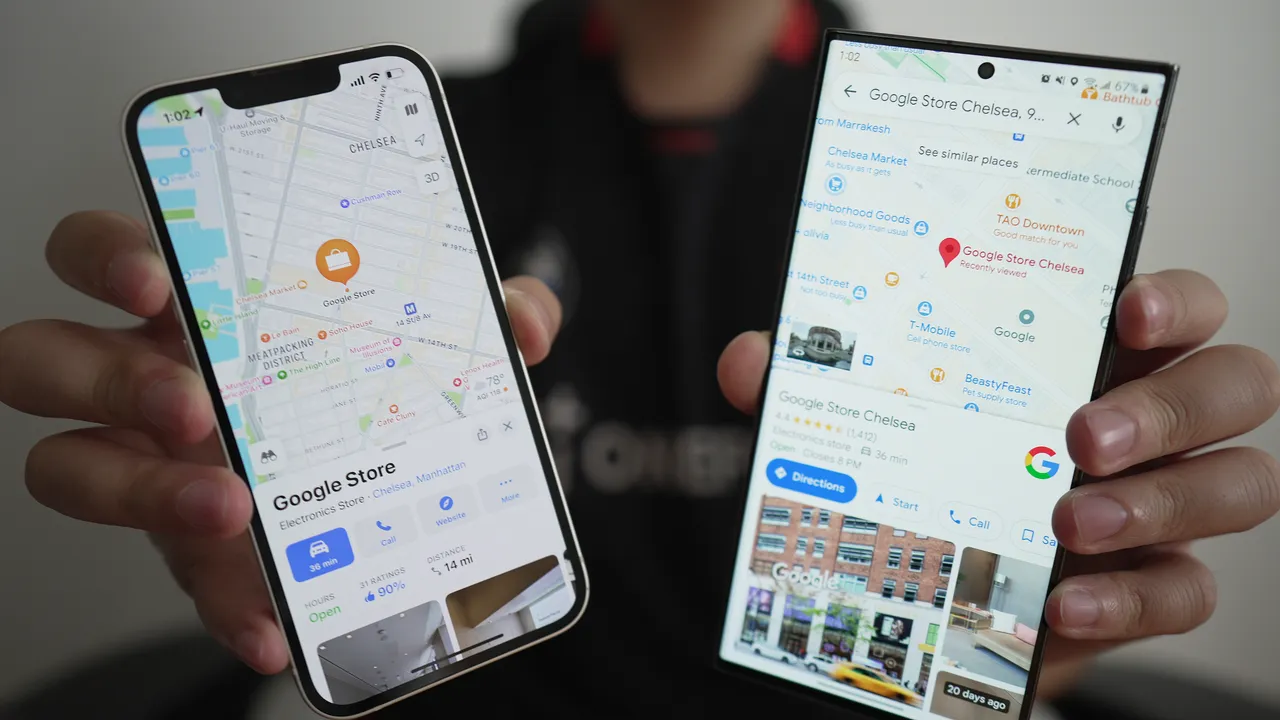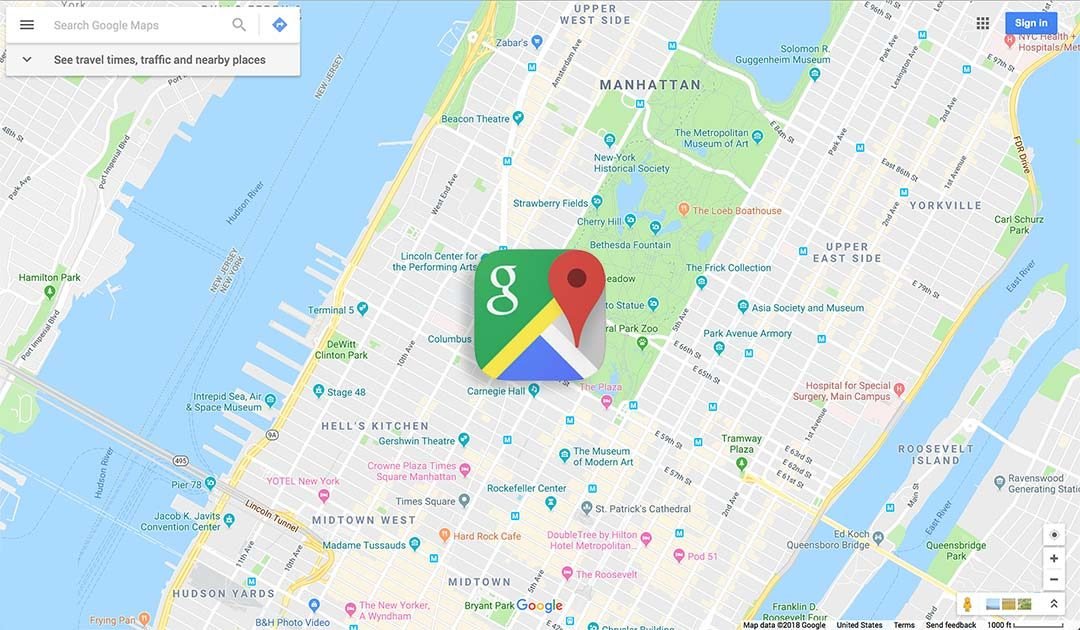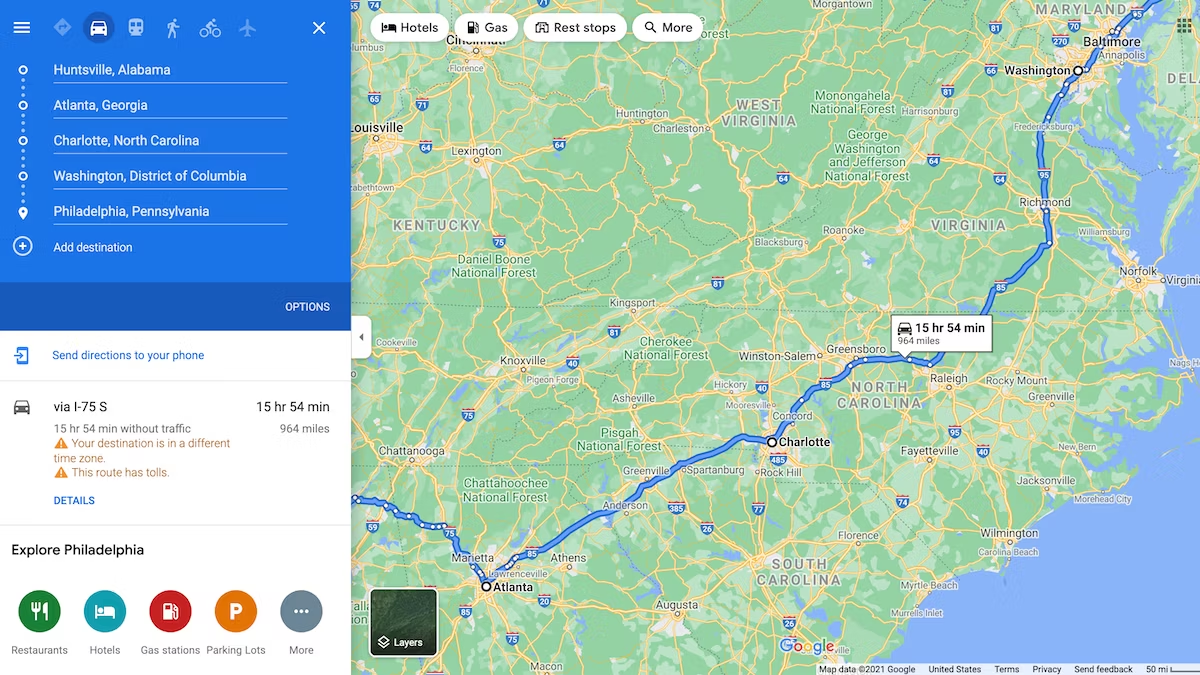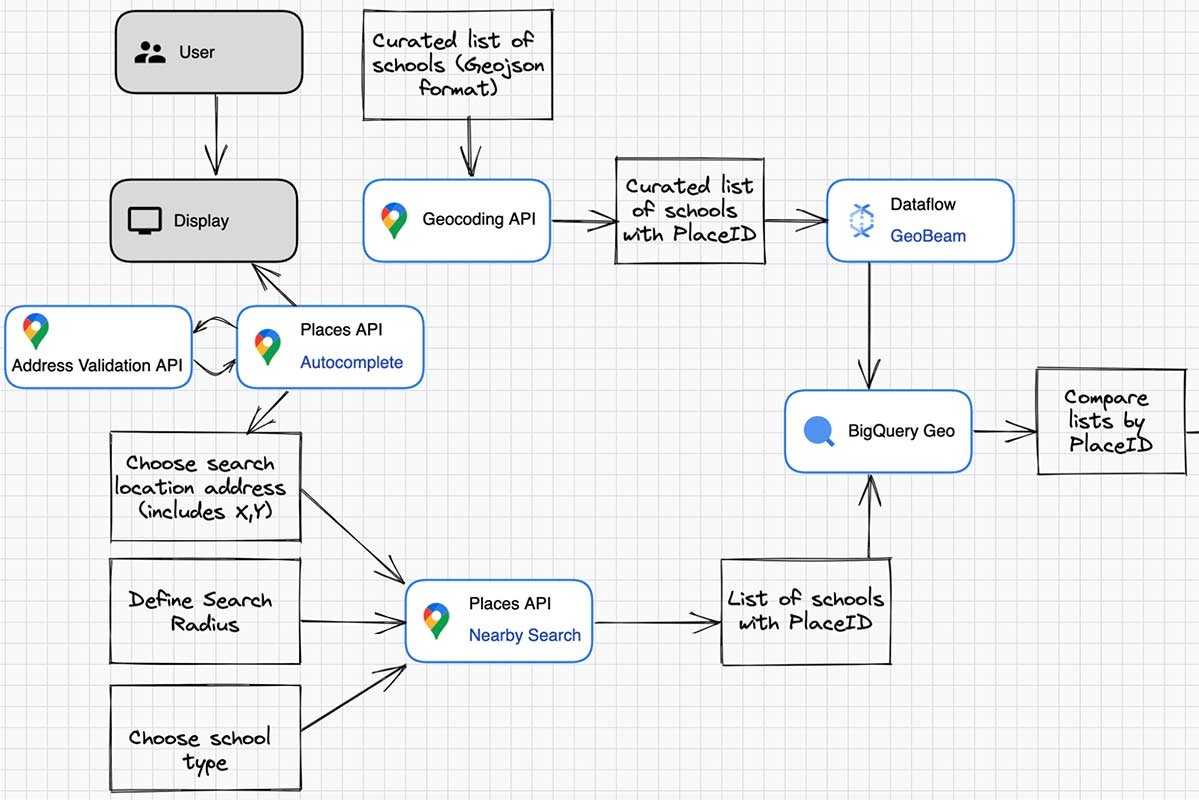Securing Google Maps API keys is crucial to protect your application from unauthorized usage and potential security threats. In this article, we’ll discuss essential tips and best practices to ensure your Google Maps API keys remain secure and your application stays protected.
Understanding the Importance of Securing Google Maps API Keys
Google Maps API keys are unique identifiers that authenticate access to Google Maps services. They are essential for integrating maps into your website or application and controlling usage limits. Securing these keys prevents unauthorized access, misuse, and potential financial liabilities.
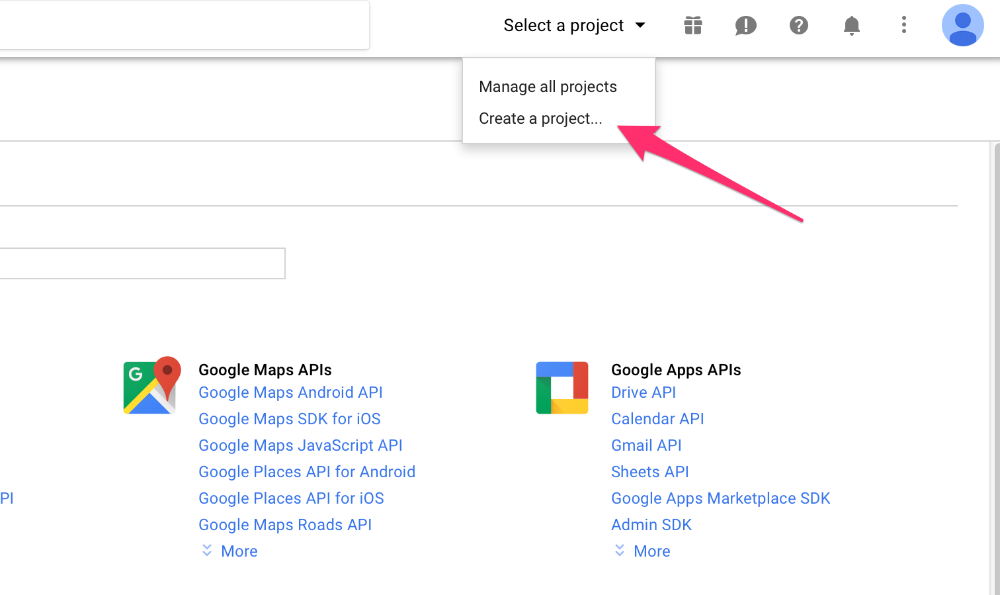
Generating a Secure Google Maps API Key
Creating API Keys in the Google Cloud Console
Start by generating an API key through the Google Cloud Console. Specify restrictions such as HTTP referrers, IP addresses, and application restrictions to control where your API key can be used. This limits access to only trusted sources and prevents unauthorized usage.
Restricting API Key Usage
Restricting API Key Usage to Specific Websites
Limit the usage of your API key to specific websites or applications by setting HTTP referrer restrictions. This prevents other websites from using your key and helps enforce security measures to protect your Google Maps integration.
Using API Key Restrictions Effectively
Setting Application Restrictions
Apply application restrictions to your API key to restrict usage based on the type of application (web, mobile app, server-side). This ensures that your key is used only in authorized environments and prevents unauthorized access from unsupported platforms.
Implementing IP Address Restrictions
Restricting API Key Access by IP Address
Enhance security by restricting API key access to specific IP addresses or IP ranges. This prevents requests originating from unauthorized locations or devices and adds layer of protection against misuse or abuse.
Keeping API Keys Confidential
Avoiding Exposure to Client-Side Code
Never expose your API key directly in client-side code such as JavaScript files or mobile apps. Use server-side code to make requests to Google Maps services and keep your API key secure from malicious actors who may exploit exposed keys.
Monitoring and Managing API Key Usage
Monitoring Usage and Quotas
Regularly monitor your API key usage and set quotas to limit the number of requests made with your key. This helps prevent unexpected usage spikes, and potential billing issues and identifies any suspicious activity that may indicate unauthorized access attempts.
Rotating API Keys Periodically
Periodically Rotating API Keys
Rotate your API keys periodically to minimize the impact of potential key exposure. Generate new keys and update them in your applications to maintain security and reduce the risk of unauthorized access or misuse over time.
Enabling Usage Analytics and Alerts
Using Usage Analytics and Alerts
Enable usage analytics and alerts in the Google Cloud Console to receive notifications about unusual usage patterns, exceeded quotas, or potential security incidents involving your API key. Prompt alerts allow you to take immediate action to protect your application.
Applying Security Best Practices
Adhering to Security Guidelines
Follow Google’s security best practices and guidelines for using Google Maps API keys. Stay informed about updates, security advisories, and recommended configurations to ensure your application remains protected against emerging threats.
Educating the Development Team and Users
Educating Your Team and Users
Educate your development team and users about the importance of API key security and best practices. Promote awareness about key management, usage restrictions, and security measures to prevent accidental exposure or misuse.
Testing Security Measures
Conducting Security Audits and Tests
Regularly conduct security audits and penetration tests to evaluate the effectiveness of your API key security measures. Identify vulnerabilities, assess risks, and implement corrective actions to strengthen your application’s overall security posture.
Collaborating with Security Experts
Seeking Guidance from Security Experts
Consult with security experts or Google Cloud support for guidance on implementing advanced security controls, resolving security issues, or optimizing your API key configuration for maximum protection.
Conclusion
In conclusion, securing Google Maps API keys is essential to safeguard your application from unauthorized access, misuse, and potential security threats. By implementing these top tips and best practices, you can protect your API keys, maintain the integrity of your Google Maps integration, and ensure a secure user experience.







